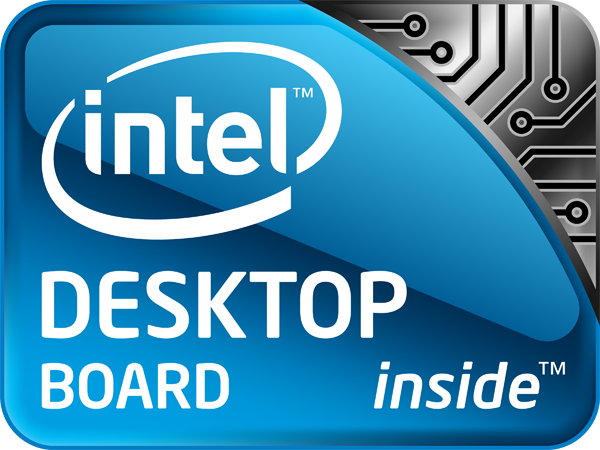Intel Reveals the End is Near for its Desktop Motherboards
Intel has released a statement in which it announces that it will be leaving the design and manufacturing of desktop motherboards, leaving the field open for other motherboard manufacturers to fill in the gaps.
Intel just announced that, over the next three years, it will slowly ramp down its motherboard business, shuttering it completely before the rest of the industry shifts to Broadwell-based platforms.
As the company pulls away from the motherboard market, it says it will divert resources elsewhere, focusing on other aspects of the PC industry, such as reference designs for Ultrabooks and all-in-ones, along with its Next Unit of Computing (NUC), which it showed off prominently at CES. Engineering talent previously dedicated to motherboard design will shift to those other form factors, which the company believes represent bigger growth opportunities.
This process is scheduled to wrap up between the Haswell and Broadwell processor generations. After that, Intel won't be selling any more branded desktop motherboards, but will continue to support existing products throughout their warranty periods.
What about the integrators who put a lot of faith into Intel processors, platforms, storage, networking, and chipsets all working together? According to a conversation we had with company representatives, Intel has enough confidence in third-party board vendors to facilitate the stability expected from its own motherboards. It's also seeing rapid uptake of technologies as soon as they're available. This used to be an issue, compelling Intel to speed adoption through its own designs. Today, PCI Express 3.0, USB 3.0, SATA 6Gb/s, and now even Thunderbolt are integrated as soon as they emerge.
Surely, all of this is going to feed further into speculation about Intel's commitment to the enthusiast desktop space. In our meeting with Intel at CES, however, the company reaffirmed the popularity of its K-series CPUs and socketed platforms (even if we were able to confirm that there won't be any LGA-based Broadwell chips).
Intel made clear that its desktop motherboard plans do not affect the launch of Haswell in 2013, and it expects support (firmware, drivers, and so on) of complementary platforms to continue through the normal life of those products (about 18 months from introduction). Intel will continue to design and engineer chipsets; it is the development of new desktop boards that will cease after Haswell.
Contact Us for News Tips, Corrections and Feedback
Get Tom's Hardware's best news and in-depth reviews, straight to your inbox.
Niels Broekhuijsen is a Contributing Writer for Tom's Hardware US. He reviews cases, water cooling and pc builds.
-
caskachan That means not producing Motherboards and lettign third parties take care of it right?Reply -
anxiousinfusion caskachanThat means not producing Motherboards and lettign third parties take care of it right? Yes, and most builders don't seem to buy Intel boards anyway so this isn't such a blow to the community.Reply -
festerovic There was a time when Intel motherboards represented high quality, great business solutions. Running business software on NT on pentium 3 boards, it was usually a lot easier to stick with intel for full compatibility. I haven't experienced anything like that in a while, so I might agree with them that their value as a board maker has declined. I think they are right, 3rd parties can make equivalent products, probably better too.Reply -
dragonsqrrl This shouldn't be that big of a deal. I'm not sure I'm aware of anyone who actually used their motherboards. The design and performance of the products from their top board partners are almost always superior, especially recently.Reply -
festerovic anxiousinfusionYes, and most builders don't seem to buy Intel boards anyway so this isn't such a blow to the community.most companies buying workstations would likely choose intel over cheaper manufacturers like ECS, foxconn, jetway, etc. Businesses account for the big slice in the market, not system builders.Reply -
Onihikage No doubt they'd get back into the market if they felt there was a need, but since there currently isn't, it's smart of them to devote those resources to other departments.Reply -
it seems like intel boards were notorious for being overpriced compared to other manufacturersReply

